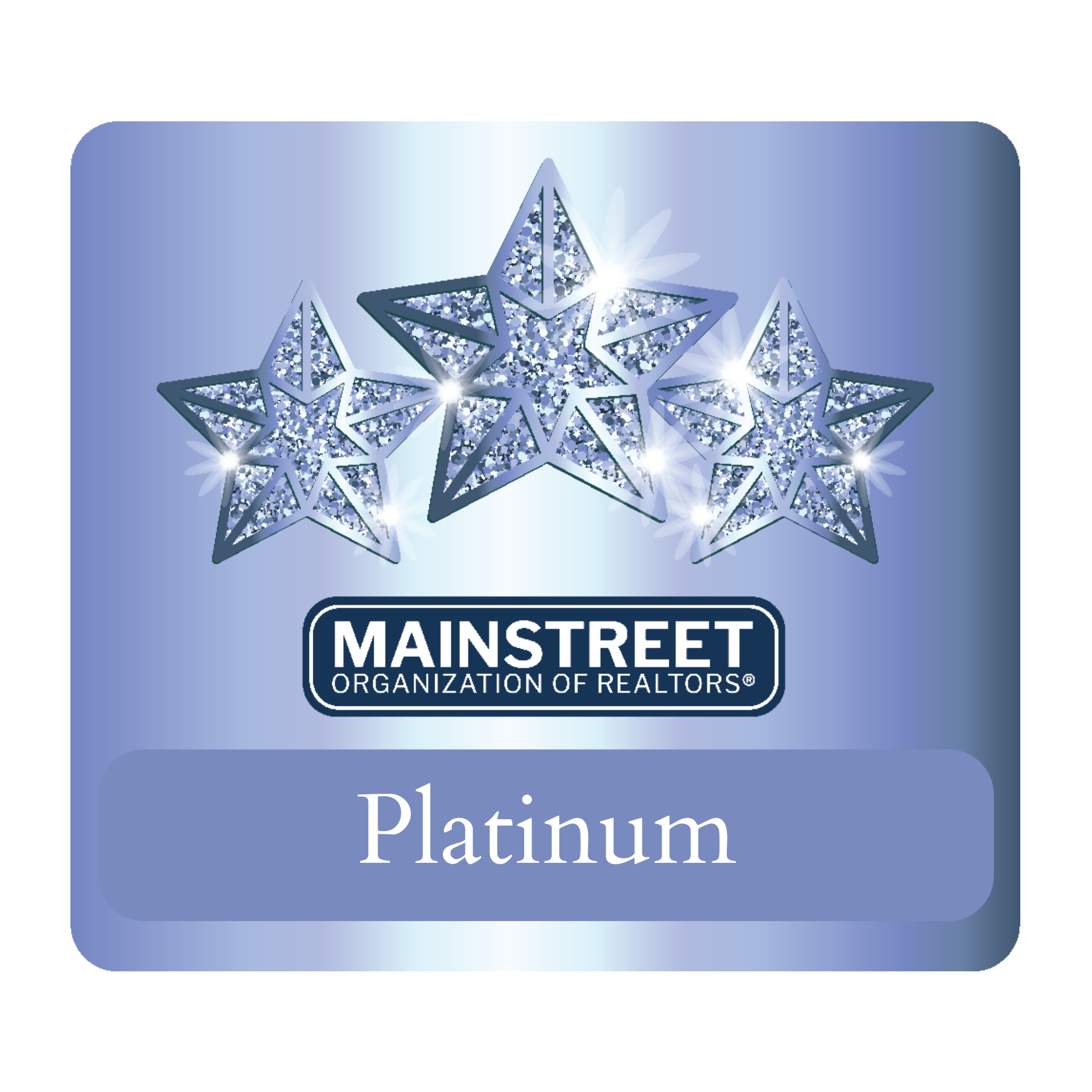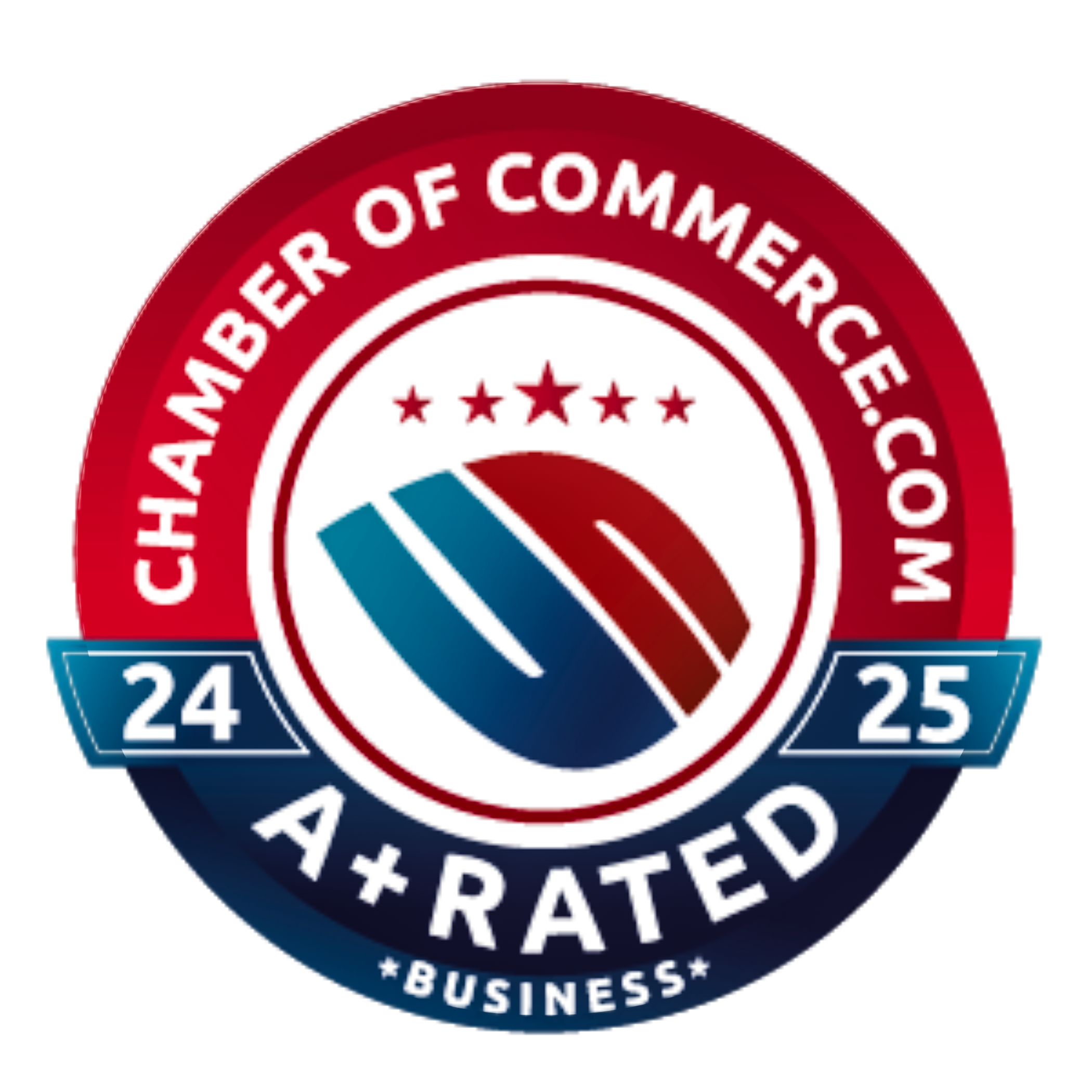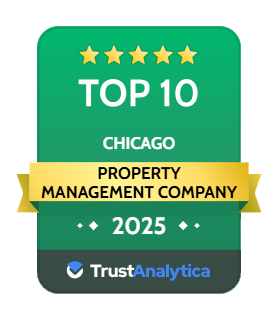Are you thinking about starting your own property management company in Chicago or the surrounding suburbs like Naperville, Oak Park, or Tinley Park?
If you’ve been managing your own rental properties, or you’re an investor with an eye for opportunity, launching a property management business can seem like the next logical step. After all, the demand for professional property management services remains strong in Chicago, where over 1.5 million rental units keep the real estate market buzzing.
When starting your new business, it’s always crucial to focus on proper structuring and planning to ensure long-term success and growth. I can also tell you that property management isn't simple like some would imagine.
But is it worth it? Yes — for the right person.
Running your own property management company offers real rewards. However, it also comes with legal requirements, upfront costs, and stiff competition. Let’s explore what it really takes to start your own property management business in Chicago—from licensing and costs to how you’ll find your first clients.
Introduction to Property Management
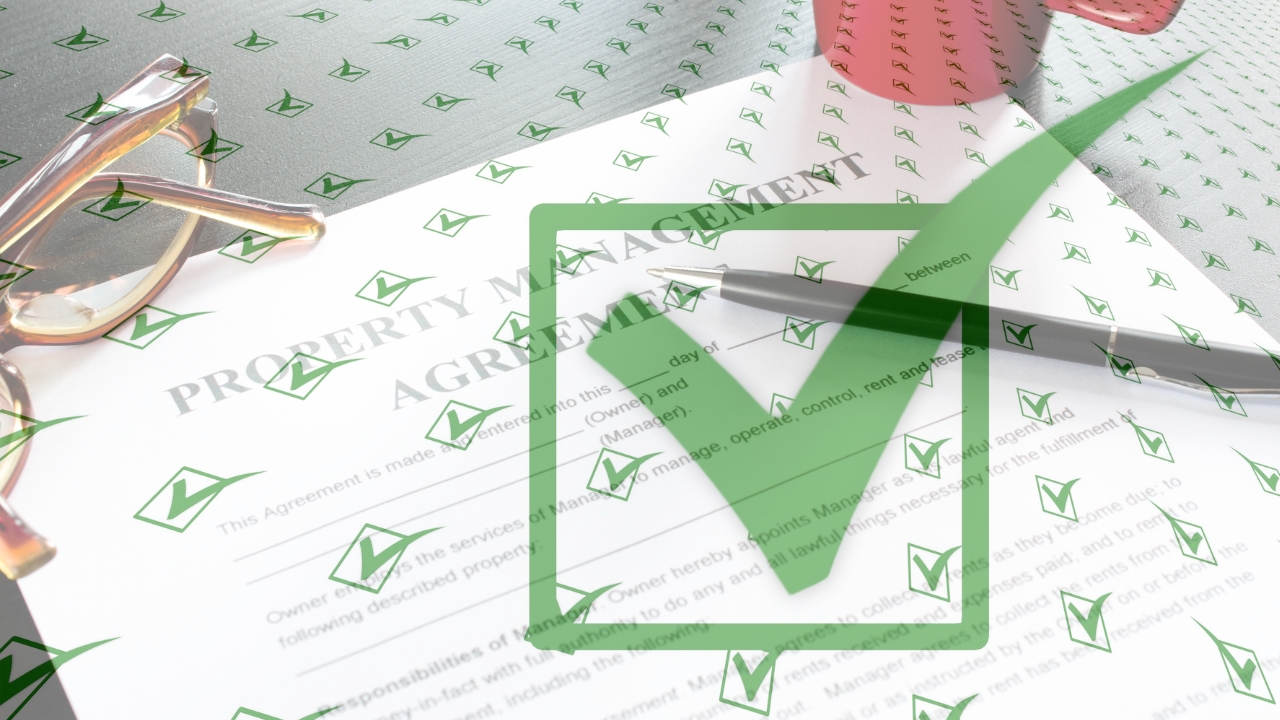
Property management is a cornerstone of the real estate industry, ensuring that rental properties—whether residential, commercial, or industrial—are operated efficiently and profitably. At its core, property management involves overseeing the daily operations of real estate assets on behalf of property owners. This includes everything from rent collection and property inspections to handling maintenance requests and fostering positive tenant relations.
Property management companies and property management firms act as trusted partners for property owners, taking on the complex tasks of managing properties so owners can focus on investment strategy or other pursuits. In Illinois, property managers must be well-versed in Illinois specific property management laws, including fair housing laws, lease agreements, and local regulations that govern rental properties. Successful property managers are skilled at navigating these legal requirements while maintaining strong relationships with both tenants and property owners.
Whether you’re managing a handful of rental properties or overseeing a large portfolio, understanding the intricacies of the property management industry is essential. Illinois property managers must stay current with changing laws, market trends, and best practices to ensure compliance and maximize returns for their clients. Ultimately, effective property management is about balancing the needs of property owners, tenants, and the broader real estate market.
Questions? We Have You Covered!
Reach out to us at Landmark Property Management today and we would be happy to help you on your journey!
Why Consider Starting a Property Management Company in Chicago?

Chicago’s rental market is one of the largest in the country, offering countless opportunities for property managers. There’s steady demand in:
Popular city neighborhoods like Lakeview, West Loop, Lincoln Park, Logan Square, and Bronzeville
Trendy areas such as Wicker Park, Avondale, and River North
Booming suburbs like Naperville, Orland Park, Tinley Park, and Oak Park
Here’s why the market stays strong:
High Cost of Homeownership: Many renters can’t afford to buy due to high housing prices and mortgage rates.
Growing Investment Activity: Local and out-of-state investors continue acquiring properties, fueling demand for management services.
Tenant Turnover: Chicago’s transient workforce keeps the market dynamic, particularly in urban neighborhoods.
This means a well-run property management company can enjoy recurring revenue and long-term growth.
What Does It Cost to Get Started?

Some online guides say you can launch a PM business for a few thousand dollars. In reality, that’s not the case—especially in a regulated market like Chicago. Expect to invest $10,000 to $50,000 upfront, depending on your business size and scope.
This initial investment should account for general expenses such as an office space, utilities, payroll, and administrative costs. Property managers are also responsible for paying general expenses as part of their ongoing operational duties so you may need some additional cash to float some property related expenses before you get paid from your clients.
Here’s a realistic cost breakdown for starting your own PM company in Chicago:
Business Registration, Broker's License & More
Illinois LLC or Corporation filing: $150–$250
Chicago business license: Starts around $250/year, but varies based on revenue.
Broker license (real estate broker’s license): Obtaining a broker license is a key step for those looking to manage properties for others in Illinois, including Illinois rental property.
Pre-licensing courses: ~$600–$900
State exam fee: ~$58
License application fee: ~$125
Renewal every 2 years: ~$150–$200
Leasing agent license: Leasing agents can obtain a specific license for residential leasing activities, but must be sponsored by a broker to perform these duties. A leasing agent license is distinct from a broker license and is limited to leasing, not full property management.
Important: Illinois law requires anyone managing rental property for others for a fee to hold a real estate broker’s license. Most property management activities involving Illinois rental property require a real estate broker's license. There’s no separate “property management license.” If you plan to operate independently or sponsor other brokers, you’ll need a managing broker’s license. Licensing requirements vary depending on whether you are managing rental property, leasing, or performing other real estate activities in Illinois.
Learn more from the Illinois Department of Financial and Professional Regulation.
Insurance Requirements for Illinois Property Managers
Proper insurance is essential for protecting yourself and your clients:
General liability insurance: $500–$2,000/year
Errors & omissions (E&O) insurance: $600–$2,500+/year
Workers’ compensation insurance: Required if you hire employees
Fidelity bond: $250–$500/year (sometimes requested by clients)
Software & Technology
Chicago’s competitive market demands efficient operations:
Property management software (AppFolio, Buildium, Rentvine): $250–$750/month
Essential features include maintenance tracking for efficient management of repairs and property upkeep.
Accounting tools: $50–$350/month
Website development and branding: $1,500–$5,000 initial setup
Marketing & Client Acquisition
To stand out in neighborhoods like West Loop, Lincoln Park, or Naperville, you’ll need:
Website SEO: $500–$2,500/month
Google and social ads: $300–$2,000/month
Membership in local real estate groups like IREM, NARPM, or Chicago Association of Realtors ($200–$700/year)
Ongoing marketing efforts are essential to attract new clients and grow your property management business in Chicago.
Office Space & Operations
Office rental in areas like River North or the Loop: $400–$2,200+/month
Office equipment, signage, and furnishings: $2,000–$5,000+ upfront
Of course, a remote office can be an option as well, depending on the setup of the company for the property management industry!
Legal Requirements, Regulations, and Illinois Property Management Laws
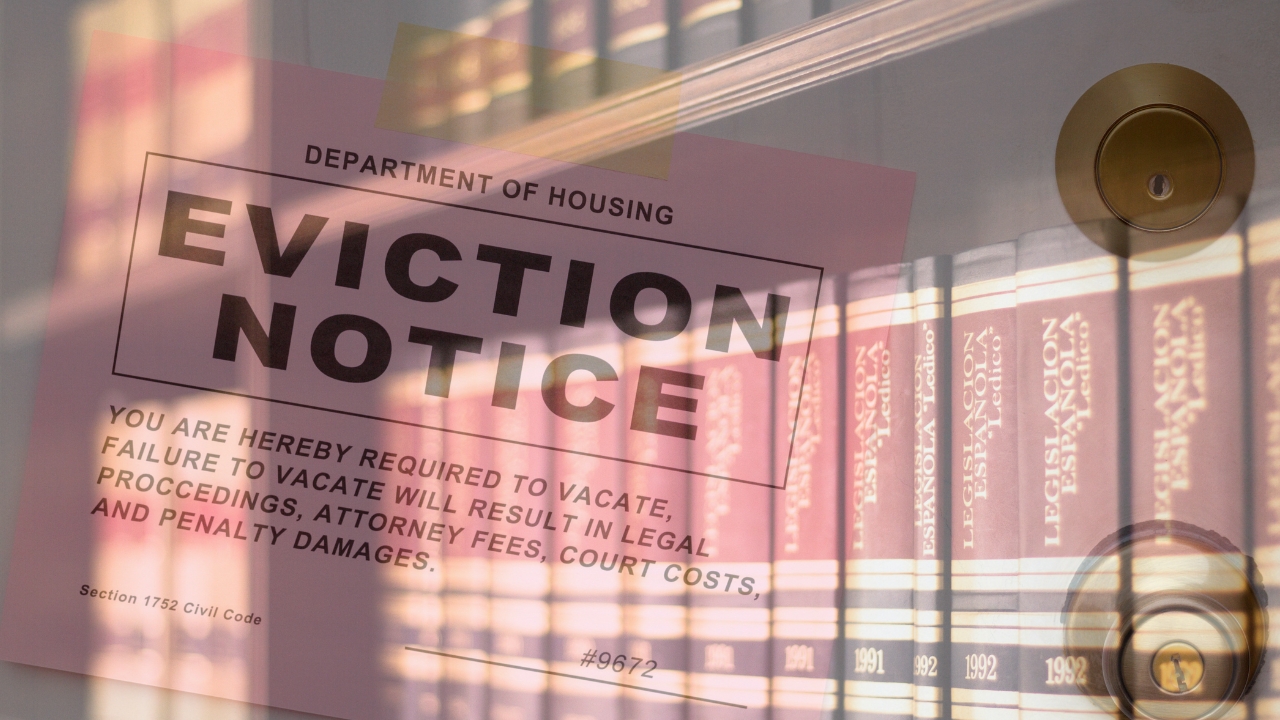
Operating in Chicago brings legal responsibilities that differ from many other cities.
Property managers must comply with federal laws, such as fair housing and environmental regulations, in addition to state and local requirements. This ensures that all aspects of property management are legally sound and protect both tenants and property owners.
It is also important to adhere to building codes and obtain the necessary building permits to ensure properties meet all safety and legal standards.
Residential Landlord and Tenant Ordinance (RLTO)
The RLTO governs rental relationships between landlords and tenants in the city’s neighborhoods, including Lakeview, Bridgeport, Hyde Park, and Pilsen. It covers:
Security deposit rules (must be held in interest-bearing accounts and returned promptly)
Required disclosures about who owns and manages the property
Notice requirements for entering the unit, raising rent, or terminating a lease
Violating the RLTO can cost you three times the security deposit plus legal fees.
Read more about the RLTO here.
Fair Housing Laws & Ordinances
Chicago and Illinois both prohibit discrimination based on:
Source of income (like housing vouchers)
Sexual orientation
Gender identity
Other protected classes under state and federal law
Property managers must stay current on fair housing laws to avoid lawsuits.
Short-Term Rental Laws
In busy areas like West Loop, South Loop, and River North, Chicago heavily regulates short-term rentals:
Operators must register units as Shared Housing Units
Fines for violations range from $1,500 to $3,000 per incident
Cook County RTLO
Many suburbs—including Oak Park, Evanston, and Skokie—have adopted versions of tenant protection laws similar to the RLTO, each with unique requirements. Always check local ordinances if managing properties in the suburbs.
Lead-Based Paint and Environmental Regulations
If you manage properties built before 1978, strict federal and state lead paint disclosure laws apply.
Pros and Cons of Running Your Own Property Management Business in Chicago
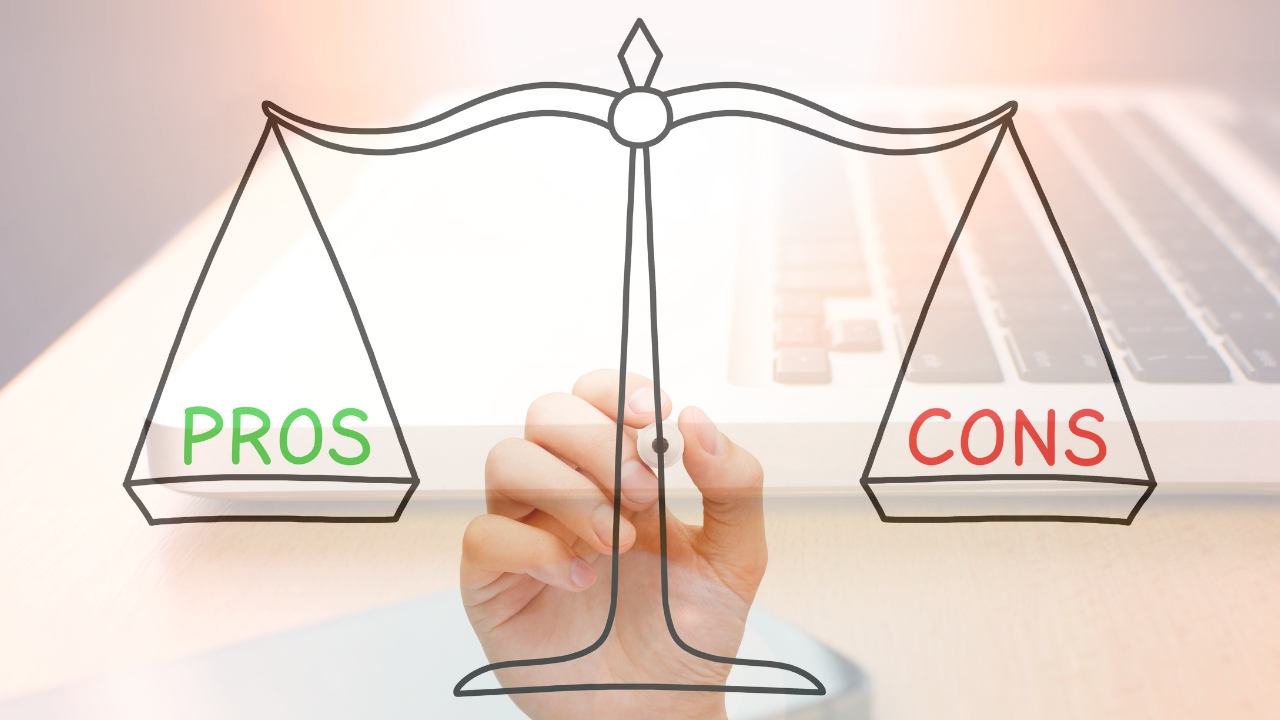
Pros
✔ Recurring Income: Monthly fees generate steady cash flow.
✔ High Demand: Over 1.5 million rental units across the city and suburbs.
✔ Real Estate Networking: Connections can lead to property deals or partnerships.
Cons
✘ Complex Legal Environment: Regulations vary across neighborhoods and suburbs. Mistakes can be costly.
✘ Fierce Competition: National and local property management firms dominate the market.
✘ Cash Flow Challenges: Payments may lag 30–60 days, yet expenses like advertising, staff, and technology must be paid upfront.
✘ Liability Exposure: Lawsuits can arise from tenant relations, maintenance issues, or fair housing complaints.
How to Get Your First Clients as a Property Manager in Chicago

Your biggest hurdle will be earning trust from property owners. Here’s how to start:
Leverage Your Existing Network
Reach out to:
Realtors
Landlord groups on Facebook or BiggerPockets
Local meetups like the Chicago Real Estate Investment Association
Partner with Real Estate Agents
Many agents want nothing to do with property management but have clients who need it. Offer referral fees. Building relationships with real estate brokers can also lead to valuable client referrals and business opportunities.
Invest in Local SEO
Create web pages focused on:
“West Loop property managers”
“Property management services Naperville”
Highlighting your streamlined leasing process on these pages can attract property owners looking for efficient tenant placement.
This helps you appear in “near me” searches for your neighborhoods of choice.
Offer Early Incentives in Your Business Plan
Discount your starting management fees or offer alternative promotions for your first few clients in exchange for testimonials and referrals.
Join Industry Associations
NARPM – National Association of Residential Property Managers
IREM – Institute of Real Estate Management
These groups build credibility and offer networking opportunities.
How Much Money Can a Property Management Company Make in Chicago?

Here’s a rough look at typical income:
Management fees: 7–10% of monthly rent
Leasing fees: One month’s rent or 50% of one month’s rent
Renewal fees: $150–$300 per lease
Additional fees for:
Handling late payments
Maintenance oversight
Evictions
For example, a PM business managing 50 units averaging $2,000/month rent could generate:
$7,000–$10,000/month in management fees alone
Plus leasing and additional service fees
However, costs remain high, especially in competitive areas like Lincoln Park, West Loop, or River North.
Essential Tools and Software for Chicago Property Management Companies
If you’re starting your own PM business, invest in tech to stay competitive:
AppFolio or Buildium – property management software
QuickBooks – accounting
Smart lockboxes – for self-guided tours
CRM software – for managing property owners and tenant communication
These tools help streamline operations, reduce manual work, and keep costs under control.
Frequently Asked Questions
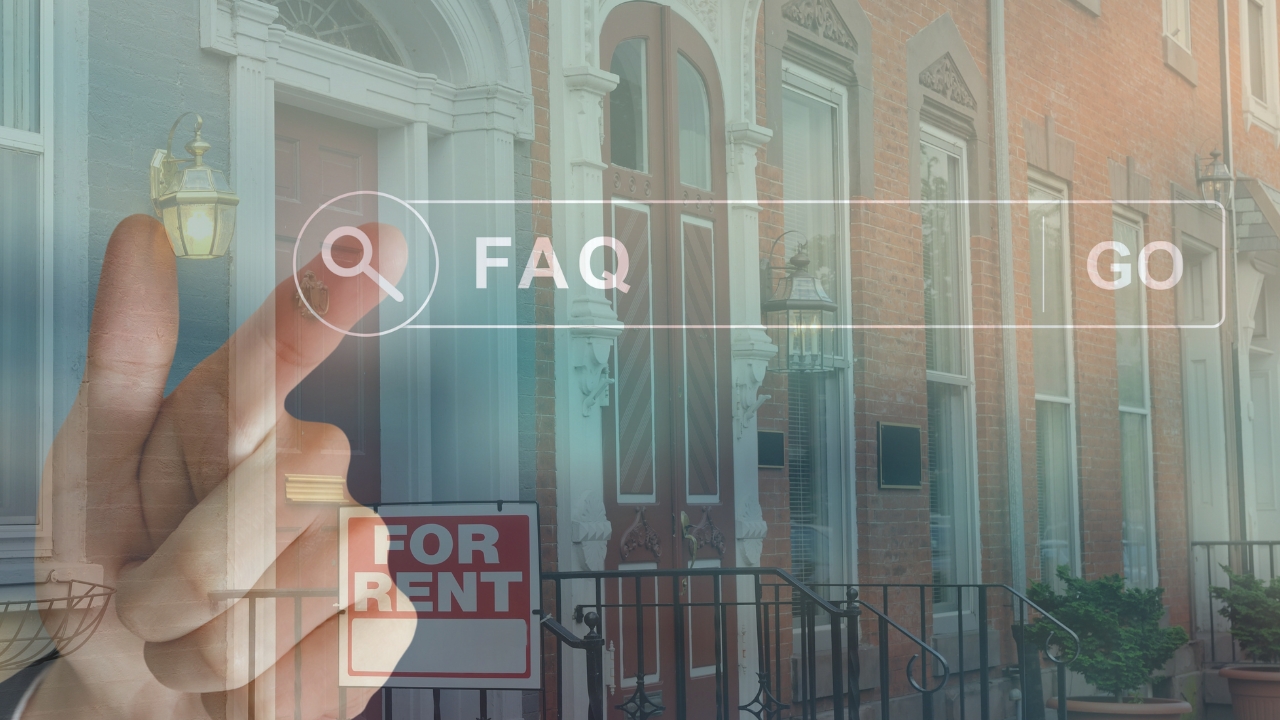
Is running a property management company in Chicago profitable?
It can be profitable if you understand local laws, price your services properly, and build relationships with clients in specific Chicago neighborhoods or suburbs. The industry average across the country is high single digit net profit margins (~7-9%).
Do I need a real estate license to manage properties in Chicago?
Yes. Illinois law requires a real estate broker’s license for anyone managing properties, collecting rent, or negotiating leases for others for a fee.
What neighborhoods are best for starting a property management business?
Strong opportunities exist in West Loop, Lakeview, Lincoln Park, and Logan Square for high demand and rising rents. Suburbs like Naperville and Tinley Park offer affordable options with growing rental markets. Focus on areas with high tenant turnover, investor interest, and strong community appeal to maximize your success.
How much does it cost to start a PM company in Chicago?
Most new businesses invest $10,000–$50,000 upfront, depending on size, marketing budget, and operational needs.
How do property management companies find clients in Chicago?
Successful firms combine local networking, partnerships with real estate agents, neighborhood-specific SEO, and strong online reputations to attract property owners.
Can I run a property management business part-time in Chicago?
Yes, but managing properties in a competitive market like Chicago requires flexibility, availability, and quick response times. Property management is often a full-time commitment, especially when handling urgent tenant needs and maintenance issues.
Do I need to hire employees to run a property management business in Chicago?
Not necessarily. You can start with a small team or hire contractors for specific tasks (like maintenance or leasing), but as your business grows, hiring full-time employees will be essential for efficient operations.
What is the typical fee structure or pricing structure for property management companies in Chicago?
Property management companies in Chicago typically charge 7-10% of the monthly rent as their management fee. In addition, they may charge leasing fees (one month’s rent or a percentage), renewal fees for extending leases, and additional fees for services such as maintenance coordination, tenant placement, or handling late payments. It's important to establish a clear and competitive pricing structure that aligns with the services you provide and the market conditions in your area.
Why Work with Landmark Property Management?

At Landmark Property Management, we know that running a property management company comes with its challenges. With over a decade of experience, we’re here to make the process easier by offering expert guidance and proven solutions to help you navigate the complexities of the business. Let us take the hassle out of property management, so you can focus on growing your success.
Whether you’re:
Exploring starting your own PM business
Debating whether to self-manage or hire a professional
Or simply ready to maximize your rental income
We’re here to help you succeed!
→ Book a free consultation with Landmark Property Management today and discover how we help property owners thrive throughout Chicagoland!

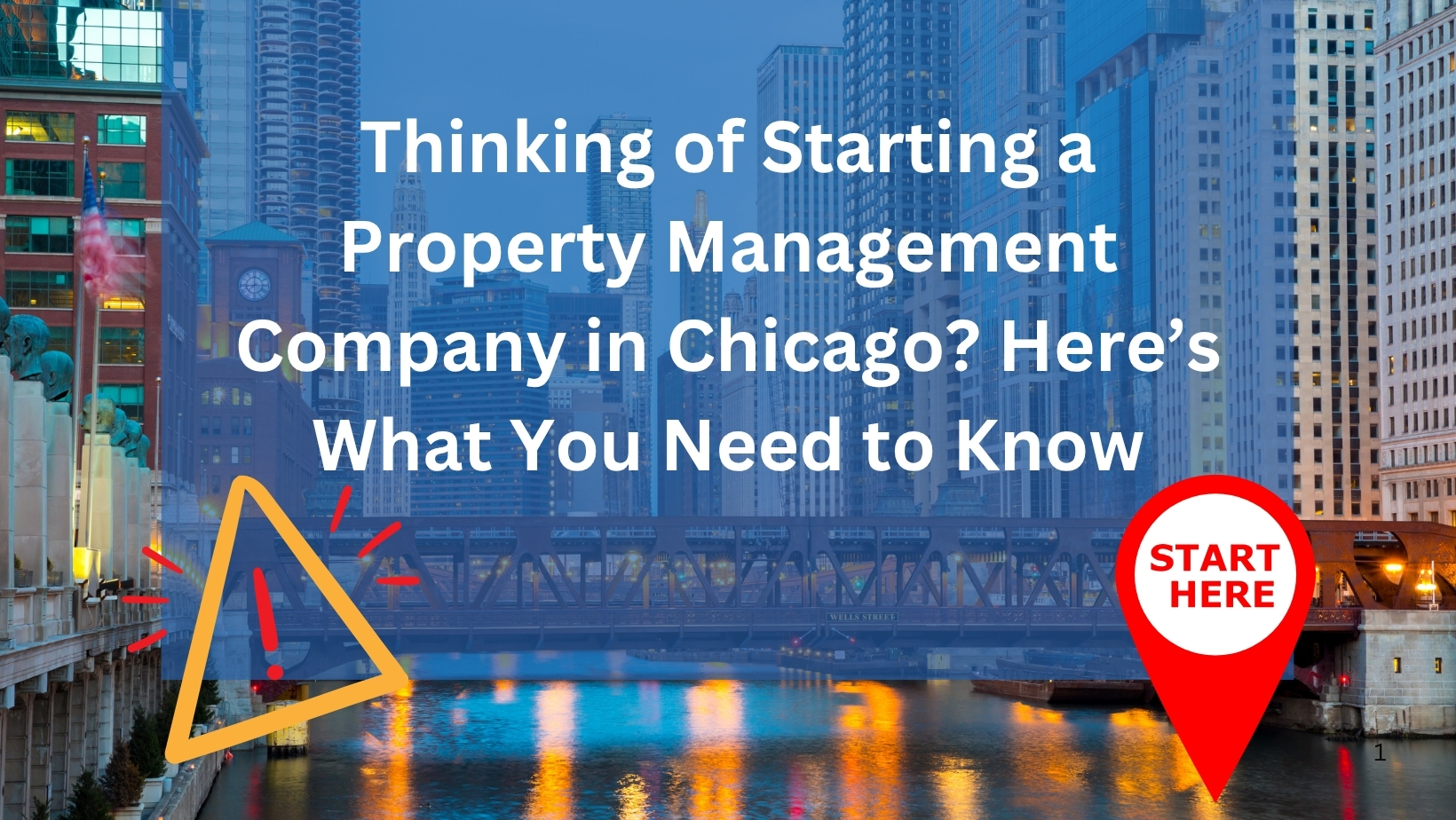

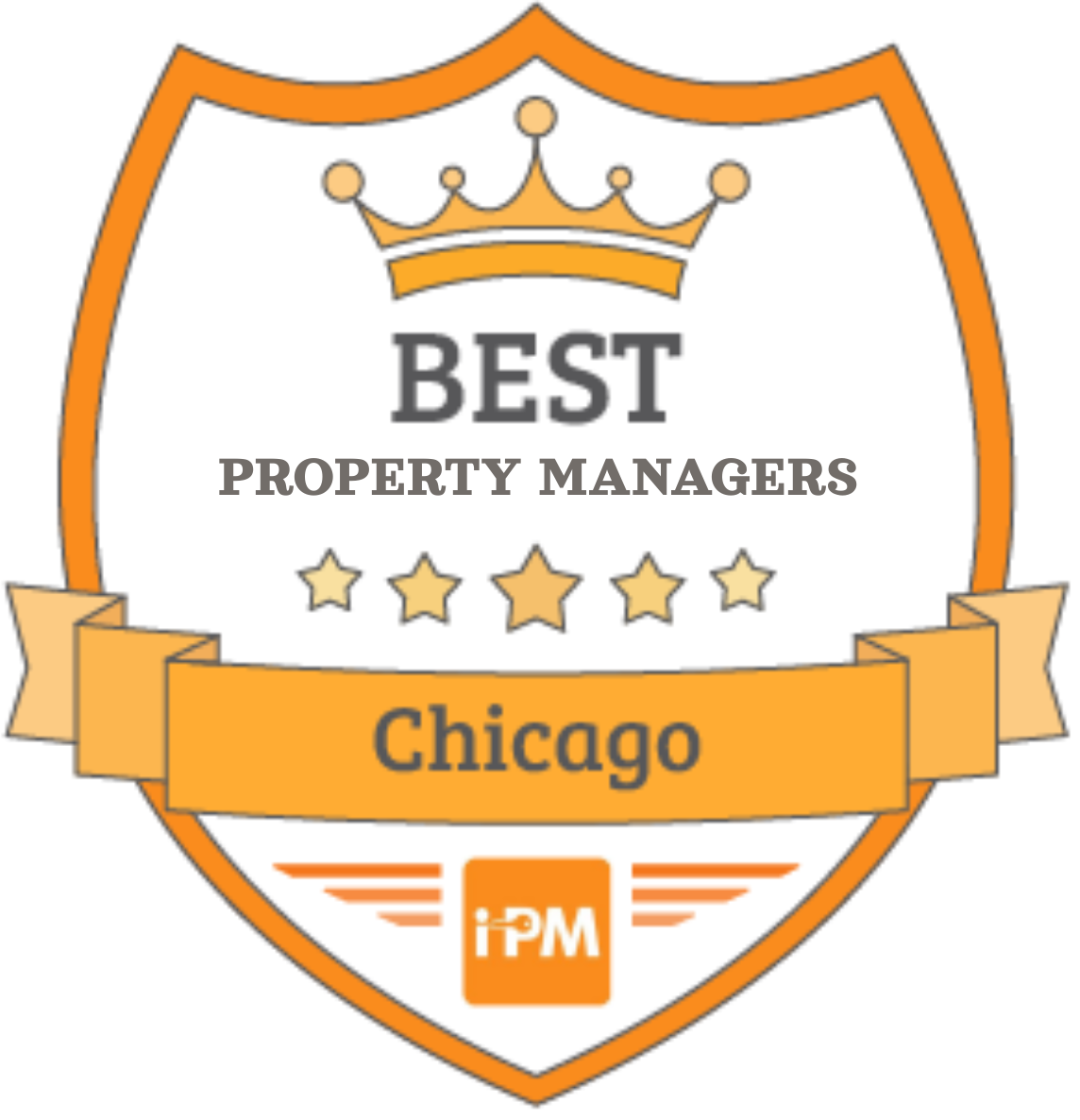
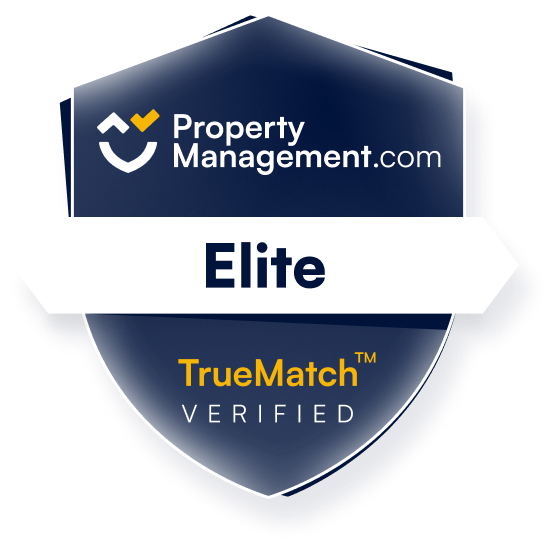
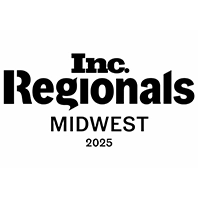
.png)
